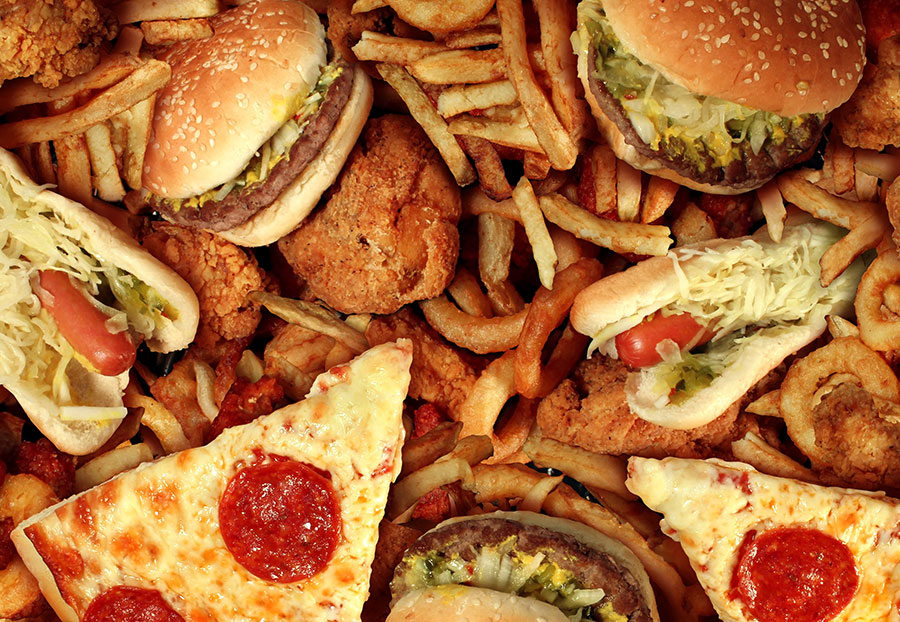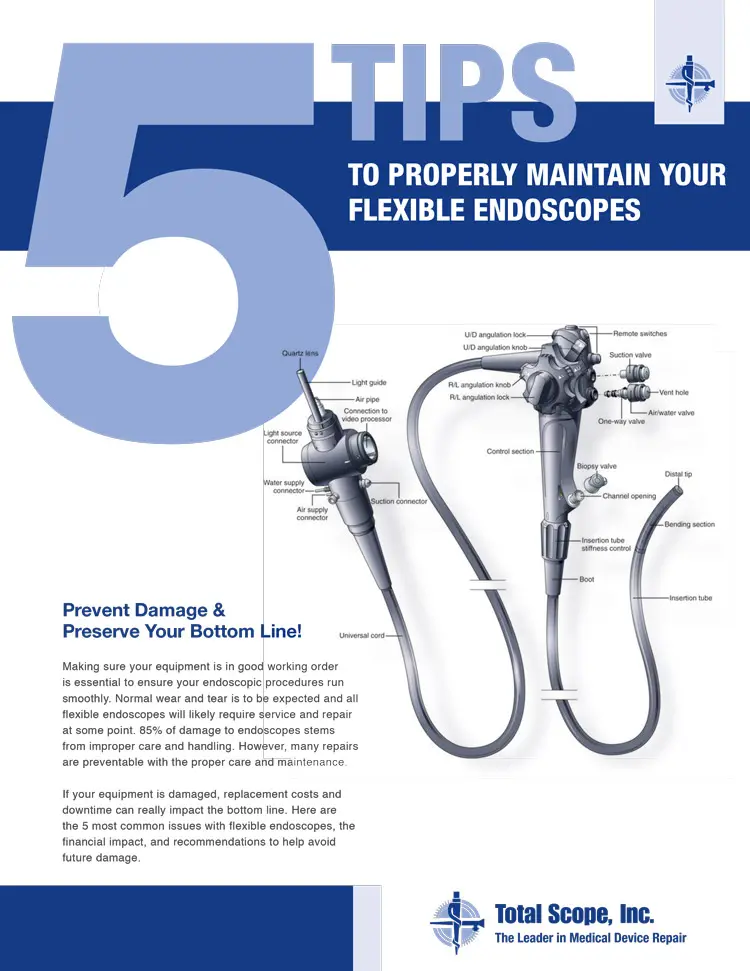
- Avoid insoluble fiber: Fiber is an essential part of your diet and there are two types – soluble and Insoluble. There are benefits to both, but if you want to control IBS symptoms then soluble fibers are the way to go. Insoluble fiber, such as beans and nuts, can make you feel bloated; whereas, soluble fibers will do just the opposite.
Tip: Try eating foods such as: root vegetables (like carrots), grains (like oatmeal), fruits (like oranges and grapefruits), and legumes (like chickpeas).
- Eliminate gluten: Over the last couple of years, gluten has been a popular topic of conversation when it comes to dieting. Unfortunately, it’s also sometimes correlated with IBS. Many grains, such as rye, wheat, and barley, contain gluten and insoluble fiber, both of which can trigger IBS symptoms. Research has shown that many people with IBS are also gluten intolerant.
Tip: Consume gluten-free options. When you go out to restaurants, always ask if they have a gluten-free menu. Good substitutes for whole grains are quinoa, brown rice, or oats.
- Lower dairy intake: Dairy can be problematic. Dairy products contain fat, which can increase diarrhea, so switching to low-fat can diminish loose stools. Many people with IBS are lactose intolerant as well, so substitution is highly recommended here.
Tip: Use soy or rice substitutes for cheese, cream cheese, sour cream, yogurt, milk and other dairy products. ** Note: pay close attention to whether the brand of cheese is truly dairy-free or if it’s merely lactose-free. Double check flavored milks and yogurts, as well as processed cheese products, such as sauces or spreads – they sometimes contain gluten.
Beware of fried and processed foods: Fried foods have high-fat content. Frying your food alters the chemical makeup of the food, which makes digestion more difficult. Processed foods, such as chips, hot dogs and chicken nuggets, contain additives or preservatives that might trigger IBS symptoms. Fried and processed foods are packed with carbohydrates, which in turn makes it difficult for the body to break down.
Tip: Make meals yourself that are fresh and not frozen. Consume meats that are low-fat and instead of frying food, grill or bake them. Using cooking spray instead of cooking oil will also help lower fat content. As addicting as foods like french fries and potato chips are, you should eat these foods in moderation or avoid them all together.
- Avoid beans and legumes, garlic and onions, broccoli and cauliflower: Some vegetables such as broccoli and cauliflower, as well as beans, garlic and onions, all have IBS-related symptoms. We know all of these foods have nutritional value, but if you have IBS then you might say they do more harm than good. Yes, beans are a good source of protein and fiber, but they also cause gas and cramping, as do garlic and onions. When your intestines break down broccoli and cauliflower, it can lead to constipation and no one likes that. This could also happen to people that don’t have IBS, too.
Tip: These foods should be avoided as much as possible. There are plenty of other vegetable alternatives that you can eat that won’t worsen IBS symptoms and have the same nutritional value, such as carrots or yams. For a protein substitute for beans, opt to eat eggs, grilled chicken or tofu.
- Sparingly consume caffeinated or alcoholic beverages: Caffeinated drinks, such as soda or coffee, have a stimulating effect on the intestines, which could ultimately result in diarrhea. Beer and wine lovers will experience IBS symptoms, especially if they drink in excess. Beer has gluten, and wine and mixed drinks have hefty amounts of sugars. Gluten and all that sugar will definitely trigger IBS symptoms.
Tip: If you need a burst of energy, eat a small snack packed with protein or take a walk instead of drinking coffee. When it comes to drinking alcohol, drink a gluten-free beer or a drink mixed with plain seltzer or water. However, choosing water over caffeine and alcohol is the best solution!
- Watch out for sugar-free sweeteners: Whenever you see “sugar free” stamped on a label, for instance on gum or diet drinks, it doesn’t mean it’s automatically good for your health. A lot of them contain sugar-free sweeteners. Chocolate candy/bars have a high concentration of caffeine and high sugar content; therefore, you may experience constipation.
Tip: Keep an eye out for ingredients such as sucralose, acesulfame potassium and aspartame. These are hard for your body to absorb. When it comes to baking, substitute any solid chocolate for cocoa powder instead.
- Work to manage stress: Stress levels are always involved when it comes to your health. Stress unfortunately plays a role in IBS as well.
Tip: Exercise, yoga, or meditation are all ways you can relieve that stress so that symptoms decrease. Simply taking a long walk or utilizing breathing techniques will help decrease unwanted stress.
- Don’t avoid eating: Keeping your body on an eating schedule is important. When your body is used to a routine, interrupting that routine can cause your body to stress and react in adverse ways. Establishing good eating habits will improve digestion.
Tip: Eat at regular times, 3 regular meals a day. Eat at a slow pace and avoid overeating. The slower you eat, the faster you will feel full. Most importantly, do not skip meals!
If you follow these tips, you are guaranteed to decrease those uncomfortable IBS symptoms.
 FREE SHIPPING Anywhere in the Country for Repairs
FREE SHIPPING Anywhere in the Country for Repairs Beware of fried and processed foods: Fried foods have high-fat content. Frying your food alters the chemical makeup of the food, which makes digestion more difficult. Processed foods, such as chips, hot dogs and chicken nuggets, contain additives or preservatives that might trigger IBS symptoms. Fried and processed foods are packed with carbohydrates, which in turn makes it difficult for the body to break down.
Beware of fried and processed foods: Fried foods have high-fat content. Frying your food alters the chemical makeup of the food, which makes digestion more difficult. Processed foods, such as chips, hot dogs and chicken nuggets, contain additives or preservatives that might trigger IBS symptoms. Fried and processed foods are packed with carbohydrates, which in turn makes it difficult for the body to break down.